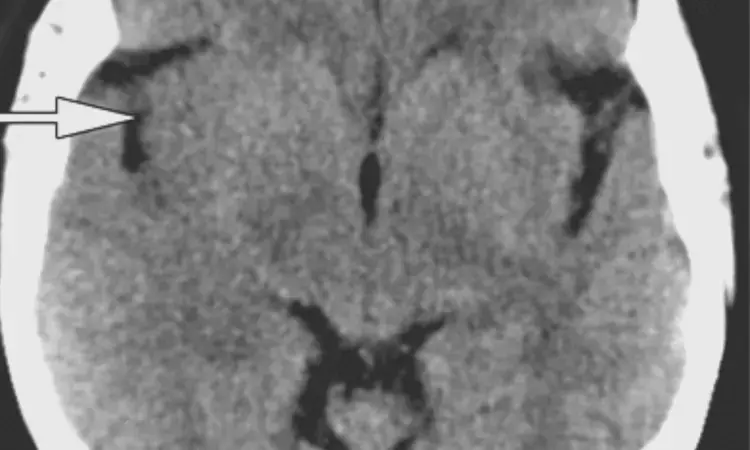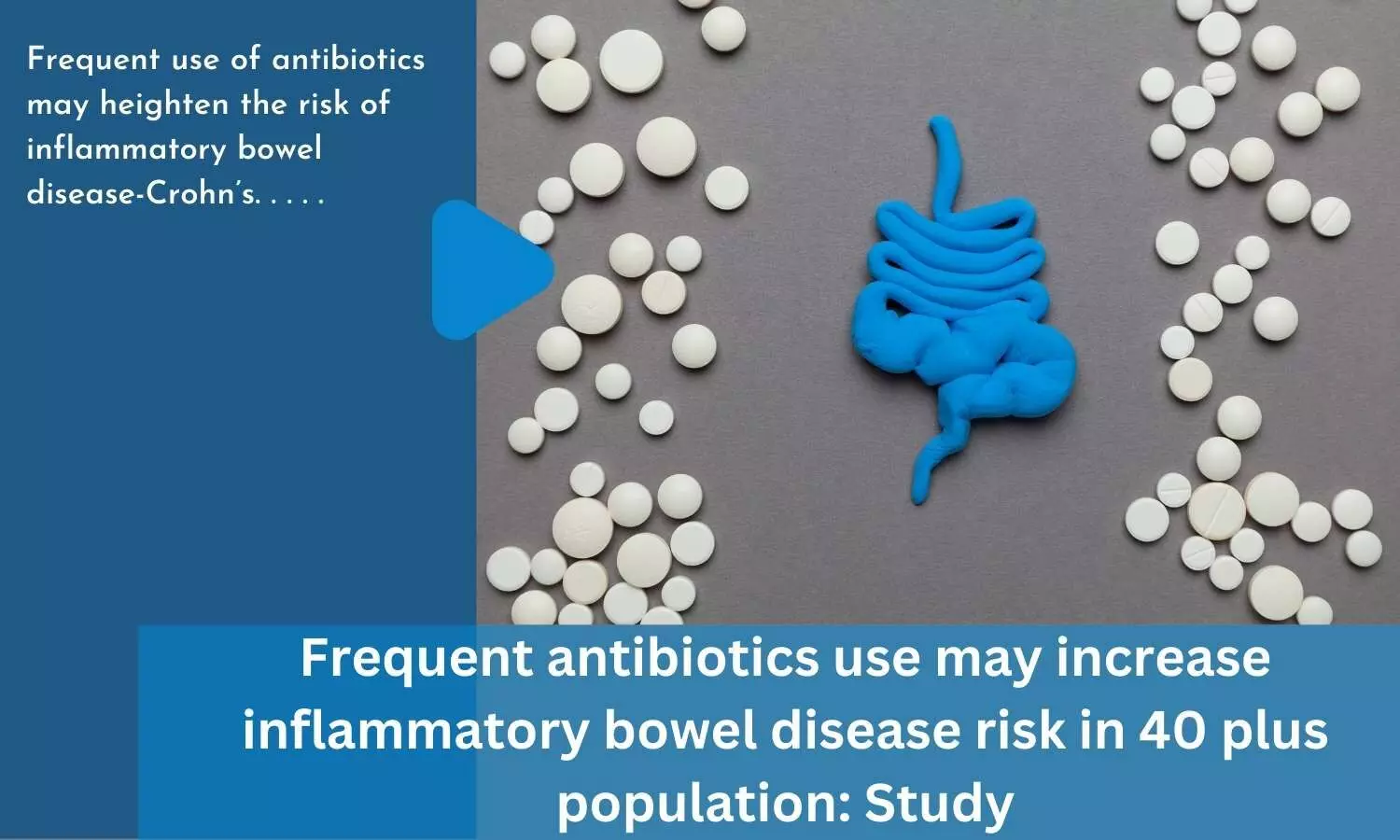- Home
- Medical news & Guidelines
- Anesthesiology
- Cardiology and CTVS
- Critical Care
- Dentistry
- Dermatology
- Diabetes and Endocrinology
- ENT
- Gastroenterology
- Medicine
- Nephrology
- Neurology
- Obstretics-Gynaecology
- Oncology
- Ophthalmology
- Orthopaedics
- Pediatrics-Neonatology
- Psychiatry
- Pulmonology
- Radiology
- Surgery
- Urology
- Laboratory Medicine
- Diet
- Nursing
- Paramedical
- Physiotherapy
- Health news
- Fact Check
- Bone Health Fact Check
- Brain Health Fact Check
- Cancer Related Fact Check
- Child Care Fact Check
- Dental and oral health fact check
- Diabetes and metabolic health fact check
- Diet and Nutrition Fact Check
- Eye and ENT Care Fact Check
- Fitness fact check
- Gut health fact check
- Heart health fact check
- Kidney health fact check
- Medical education fact check
- Men's health fact check
- Respiratory fact check
- Skin and hair care fact check
- Vaccine and Immunization fact check
- Women's health fact check
- AYUSH
- State News
- Andaman and Nicobar Islands
- Andhra Pradesh
- Arunachal Pradesh
- Assam
- Bihar
- Chandigarh
- Chattisgarh
- Dadra and Nagar Haveli
- Daman and Diu
- Delhi
- Goa
- Gujarat
- Haryana
- Himachal Pradesh
- Jammu & Kashmir
- Jharkhand
- Karnataka
- Kerala
- Ladakh
- Lakshadweep
- Madhya Pradesh
- Maharashtra
- Manipur
- Meghalaya
- Mizoram
- Nagaland
- Odisha
- Puducherry
- Punjab
- Rajasthan
- Sikkim
- Tamil Nadu
- Telangana
- Tripura
- Uttar Pradesh
- Uttrakhand
- West Bengal
- Medical Education
- Industry
TyG index significantly associated with stroke recurrence and high mortality

China: Researchers from China found that a high triglyceride and glucose (TyG) index can significantly predict adverse outcomes of stroke-like stroke recurrence and mortality and hence can be a useful tool for optimizing risk stratification in patients with ischemic stroke. The study results were published in the journal Cardiovascular Diabetology.
Strokes is an acute neurologic condition occurring due to disruption of cerebral perfusion, resulting in focal or global neurological impairment. It significantly impairs the quality of life and causes high economic and societal burdens. Literature shows that the triglyceride and glucose (TyG) index which is a biochemical marker of insulin resistance (IR) was found to have important value in the prediction of strokes, especially ischemic stroke (IS). Hence researchers from China, conducted a study to investigate the relationship between the TyG index and IS and ascertain whether the TyG index is independently associated with IS adverse outcomes.
Using keywords like the ‘‘TyG index’’ and "stroke", various databases like Cochrane, Embase, Medline, Web of Science, PubMed, and other relevant English databases and related websites were systematically searched for articles from inception to April 4, 2022. Researchers reviewed the available literature on the TyG index and its relation to predicting IS occurrence in the general population and adverse clinical outcomes. The odds ratios (OR) of the TyG index and its predictability of IS occurrence and adverse outcomes were calculated. Meta Package in STATA, version 12.0. was used for statistical analyses.
Key findings:
- A total of 18 studies and 5,92,635 patients were included in the analysis.
- From the total sample of 554,334 cases with a high level of heterogeneity, a higher TyG index was associated with increased risk of IS in the general population as per the pooled effect values of all strokes.
- When compared to IS patients with a lower TyG index, those with a higher TyG index showed a higher risk of stroke recurrence (OR: 1.50) and increased risk of mortality (OR 1.40).
- There was no correlation in the effect value combinations of poor functional outcomes (OR 1.12) and neurological worsening (OR: 1.76) in a total sample of 38,301 cases with a high level of heterogeneity.
Thus, this is the first systematic review and meta-analysis to find a positive association between the TyG index with IS risk in the general population.
Further reading: Yang, Y., Huang, X., Wang, Y. et al. The impact of triglyceride-glucose index on ischemic stroke: a systematic review and meta-analysis. Cardiovasc Diabetol 22, 2 (2023). https://doi.org/10.1186/s12933-022-01732-0
BDS, MDS
Dr.Niharika Harsha B (BDS,MDS) completed her BDS from Govt Dental College, Hyderabad and MDS from Dr.NTR University of health sciences(Now Kaloji Rao University). She has 4 years of private dental practice and worked for 2 years as Consultant Oral Radiologist at a Dental Imaging Centre in Hyderabad. She worked as Research Assistant and scientific writer in the development of Oral Anti cancer screening device with her seniors. She has a deep intriguing wish in writing highly engaging, captivating and informative medical content for a wider audience. She can be contacted at editorial@medicaldialogues.in.
Dr Kamal Kant Kohli-MBBS, DTCD- a chest specialist with more than 30 years of practice and a flair for writing clinical articles, Dr Kamal Kant Kohli joined Medical Dialogues as a Chief Editor of Medical News. Besides writing articles, as an editor, he proofreads and verifies all the medical content published on Medical Dialogues including those coming from journals, studies,medical conferences,guidelines etc. Email: drkohli@medicaldialogues.in. Contact no. 011-43720751




